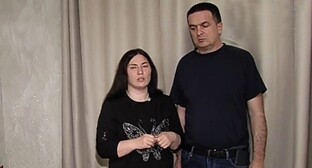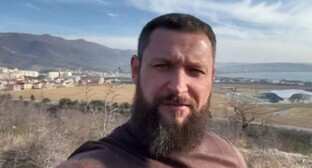01 December 2008, 14:41
The Economist: Russia's policy in the Caucasus threatens its own integrity
The British weekly The Economist writes in its special report on Russia that the main reason of instability in the Caucasus is in Russia's colonial methods, which have altered little since the time of General Yermolov.
The article entitled "The wild south" gives main attention to what happens in Chechnya and Ingushetia. Noting a relative quiet in this republic after Ramzan Kadyrov had taken power as its president, the weekly remarks that the Kremlin can hardly be thought the winner of the war in Chechnya. "But although military resistance in Chechnya itself has subsided, violence has spread to neighbouring republics, notably Ingushetia and Dagestan. It is transmitted by state-sponsored repression, corruption and lawlessness that alienates and radicalises the population and drives young men into the hands of Islamist militants," the weekly writes.
It narrates the story of recent change of power in Ingushetia and notes that the new republic's President Yunus-Bek Evkurov faces an uneasy task: "His first steps were encouraging, but to stop the violence he will have to fight both the militants and the federal forces who have got out of control. Unless Russia stops treating this region as enemy territory and begins to observe its own laws here, violence will escalate."
"What happens in the Caucasus will define the future of federalism and of territorial integrity in the whole of Russia. The central government's policy failures in the Caucasus are particularly clear when compared with the far more successful policy being pursued in Tatarstan, the largest Muslim republic, which was integrated into the Russian empire in the 16th century and has been at peace ever since. In the early 1990s oil-rich Tatarstan became a symbol of decentralisation in Russia. It was here that Yeltsin famously said: 'Take as much sovereignty as you can swallow.' Under Mr Putin this phrase came to symbolise the weakness of Mr Yeltsin's regime. In fact it was its strength. It is the centralisation of power and the colonial methods of suppression of dissent that are the biggest threat to that territorial integrity," the weekly concludes.





Комментирование через Кавказский узел